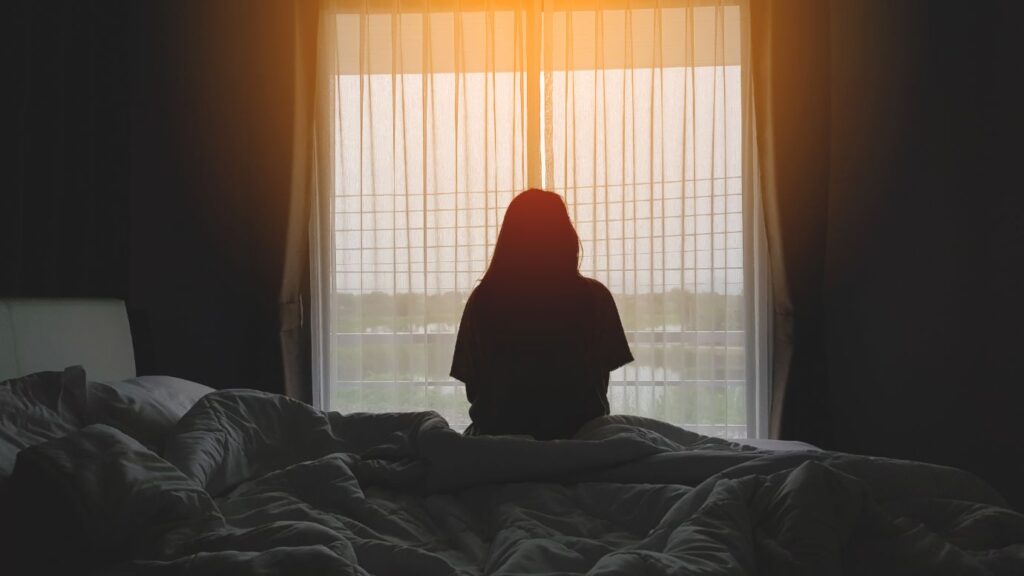A newsletter published last week by the principal of a private boys’ school in Sydney described the suspected murderer of Lilie James as “not a monster.”
It rightfully sparked outrage, criticism and exhaustion from those of us who advocate with and for victim-survivors of violence.
The principal wrote about his horror and shock at the actions of the “fine student and role model”, a variation on a headline we see time and time again when a woman dies.
Narratives of the ‘good man’ are laced with suspicion. The part that isn’t often said out loud: perhaps somehow the woman’s actions caused her death, rather than the choices of the man who killed her.
The voices and experiences of the women at the heart of these stories are often lost, the result of a society where the voices and actions of men continue to be prioritised.
The letter was a striking reminder of the lack of understanding that many hold about violence against women.
On average, every week a woman is killed by her current or former partner in Australia. They may have been together for decades; they may have been together for a few weeks.
He might be the father of her children. He might be a well-respected community figure, a ‘good bloke.’ Almost certainly, he is someone’s son, brother, friend, co-worker.
And this is where there is a kernel of truth in the letter from John Collier.
None of these killers are monsters. They are men.
We never want to imagine someone we care for – or even worse, look up to – as being capable of killing someone. What would that say about us?
But men who use violence against women are not supernatural figures who live in the shadows. And that’s what we find so hard to face up to.
Violence against women is happening in every suburb and town in the country – yet less than 50% of Australians believe it’s a problem where they live.
We describe violence against women as ‘inexplicable’ rather than the reality: this is happening to people – predominantly women – across the country in homes every single day.
It’s easy to attribute men’s violence against women to stress or a “deeply out of character” moment – instead of facing up to the culture of misogyny and entitlement that drives violence against women.
Violence isn’t created in a vacuum. It’s created in environments where boys will be boys. Where boys and men are taught to feel entitled to relationships, to sex, to making the decisions, to getting what they want.
A society where men continue to be lifted up into leadership positions regardless of the harmful attitudes they hold towards women. Where women continue to shoulder the majority of the parenting, housework and care work.
Fatal violence is almost always preceded by other forms of violence. Sometimes it may be emotional abuse, often in the form of control. It could be physical, sexual, or financial.
Instead of wringing our hands and saying: how is it possible that this man did this? We should be asking: why are men doing this? How can we prevent it from happening in the future?
Collier’s letter noted that the alleged murder was “impossible to have prevented” – but nothing could be further from the truth.
Violence against women is not inevitable; it’s preventable. And to change the headlines, we need to write a different story.
If you are concerned about your behaviour, or about someone using violence, call Men’s Referral Service on 1300 766 491.
If you or someone you know is in need of help due to sexual assault or family and domestic violence contact 1800RESPECT on 1800 737 732


